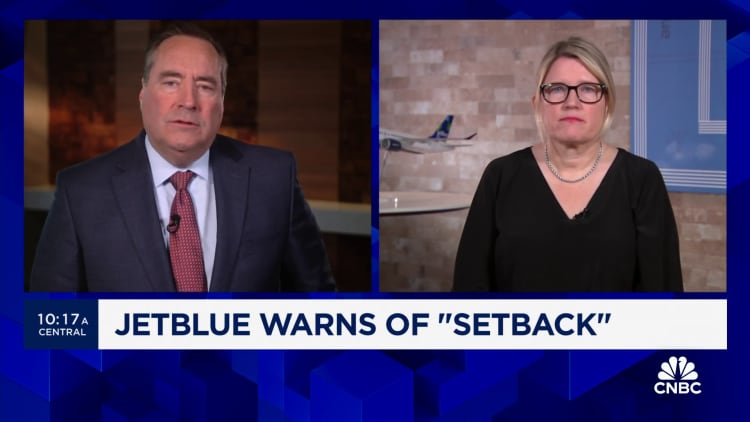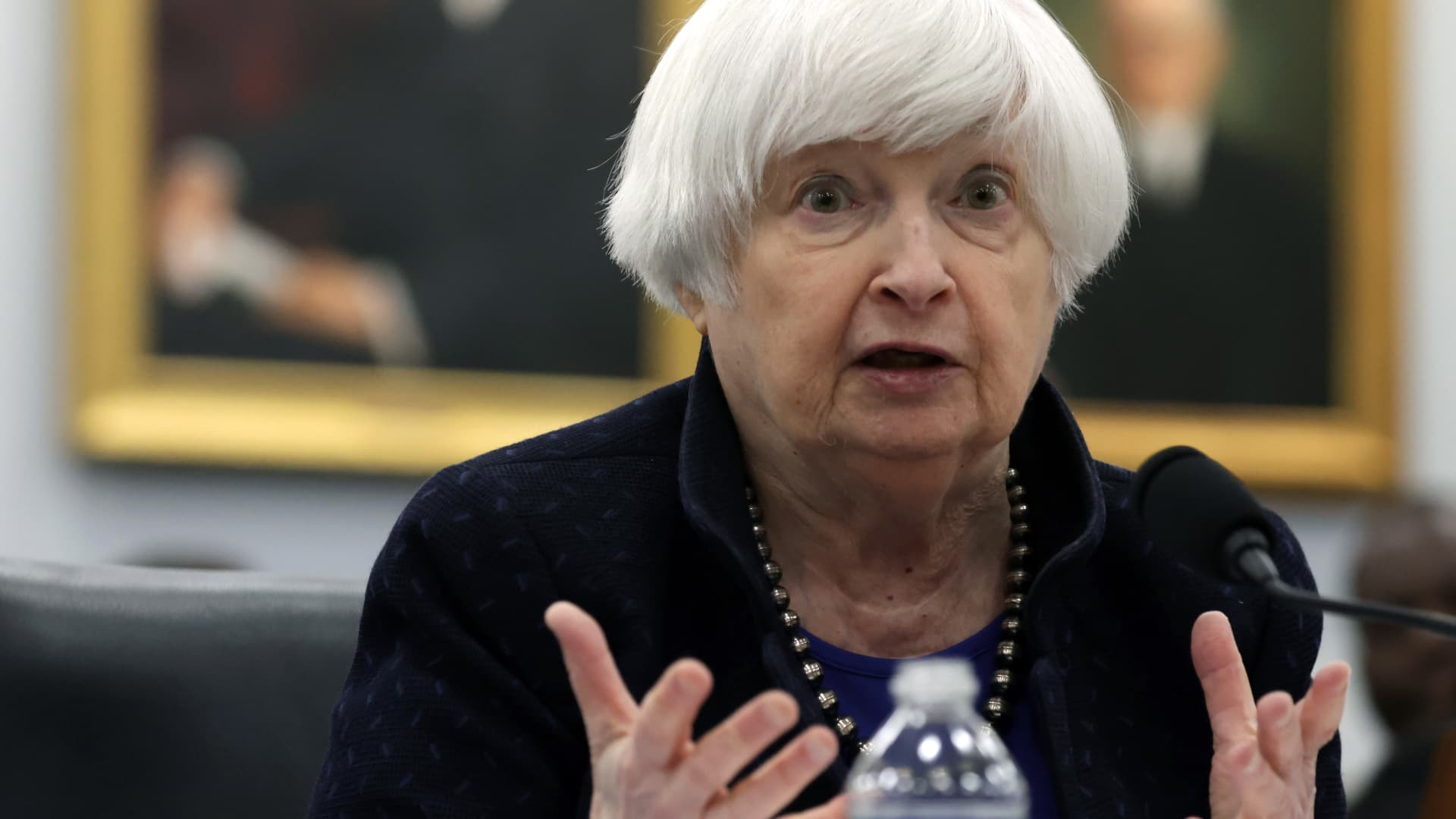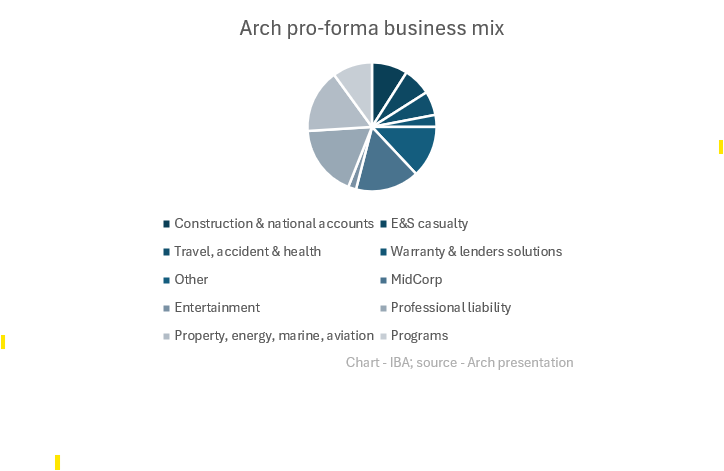There are more new cars available this spring, and manufacturers have even started offering special deals to attract buyers.
But at the same time, lenders are tightening the conditions for car loans as they struggle with an increasing number of defaults. This has made it more difficult for some people to get affordable loans.
According to Dealertrack, a service from Cox Automotive that tracks credit availability based on factors such as loan approvals, terms and down payments, access to auto loans for both new and used vehicles was generally worse in January than in December and down from a year ago . The impact was seen at banks, credit unions and merchants.
“We’re seeing access to credit being restricted across all channels,” said Sean Tucker, senior editor at Kelley Blue Book, Cox’s auto research and sales website.
In particular, subprime borrowers — consumers with the lowest credit scores — may face challenges finding financing, Tucker said. The share of subprime new car loans has fallen to around 6 percent, about half of what it was before the pandemic.
Borrowers with good credit ratings are particularly attractive to lenders. The average credit score of new-car buyers taking out a loan or lease rose to 743 at the end of 2023, up from 739 a year earlier, according to fourth-quarter data from Experian Automotive, which tracks auto financing. For used cars, the average score was 684, up from 681. (Experian’s report uses VantageScore 3.0 scores ranging from 300 to 850; scores of 661 and higher generally indicate favorable terms.)
People are defaulting on auto loans (and credit cards) at higher interest rates than before the pandemic, according to the Federal Reserve Bank of New York’s February report on household debt and credit in the fourth quarter of 2023.
“This suggests increased financial stress, particularly among younger and lower-income households,” Wilbert van der Klaauw, economic research adviser at the New York Fed, said in a statement accompanying the findings.
Default rates for all types of consumer debt fell during the peak of the pandemic in 2020 and 2021, the Fed report said, but rose as savings from stimulus aid dwindled and payment holidays on mortgages and student loans expired.
Auto loans secured in 2022 and 2023 have so far struggled more than previous loans, “perhaps because buyers in those years faced higher car prices and may have been forced to take out more loans at higher interest rates,” New Yorker researchers said Fed in a report blog post. Auto loan interest rates are influenced by the Federal Reserve’s key interest rate, and this has risen during the Fed’s campaign against high inflation.
While both car prices and average loan amounts began to decline last year, Experian says monthly payments have not, in part due to higher interest rates on auto loans. The average monthly loan payment for a new vehicle was $738 at the end of last year, up from $720 in 2022. The average for a used vehicle was $532, up slightly from $530.
The average interest rate on a new car loan was 7.18 percent at the end of 2023, up from 6.08 percent in 2022, Experian said.
Interest rates can impact down payments. At the beginning of 2020, a deposit of 10 percent was common. But it has risen and is close to 15 percent in recent months — likely because buyers are trying to lower their monthly payments, according to Cox Automotive.
With new car inventory plentiful, dealers have started offering incentives like cashback rebates. Dealers typically want to have a 60-day supply of cars in stock, but the average now is about 80 days, Mr. Tucker said. This means manufacturers may offer deals to support the removal of vehicles from sales floors. “The supply is outstanding,” he said, in contrast to the shortages that drove up prices during the pandemic.
But used-car buyers may find that while prices have stabilized, “they’re still quite high,” said Benjamin Preston, an auto writer at Consumer Reports.
There’s something to be said for waiting a while if you don’t need to buy a car right away. Automakers, which focused on more profitable, high-end models with luxury features during the pandemic, are expected to begin ramping up production of more affordable cars in the coming months, Mr. Tucker said. And the Fed has signaled it could cut interest rates sometime this year, which could make credit more affordable.
Lower interest rates can be found now — if you have prime credit and can handle a shorter loan term, which means higher monthly payments, said Rod Griffin, senior director of public education and advocacy at Experian. (Long-term loans — those with terms of six to seven years — had average interest rates of about 9 percent, Experian found.)
Recently, Honda offered 2.9 percent 36-month financing on Honda CR-Vs; Subaru offered 1.9 percent with a 48-month loan for Outbacks.
Here are some questions and answers about buying a car:
How can I prepare for buying a car?
Prepare early, advises Mr. Griffin – at least six months before you plan to purchase. Check your free credit report and ideally your credit score. (Before paying for a score, check with your credit card company or lender. Many provide them for free to their customers.) Take every action possible—like: B. paying bills on time – to improve your profile.
Then you shop for your loan and your car separately, Mr. Tucker said. Get pre-approved by your bank or credit union and take the offer to the dealer to see if they can beat it.
Are there new rules for buying a car?
Yes, but it has not yet come into force. The Federal Trade Commission last year finalized its CARS rule to combat auto retail fraud, which is aimed at protecting car buyers from hidden fees and price gouging. The commission said the rule would make it easier to shop around based on a car’s actual price and save buyers an estimated $3.4 billion a year.
The rule was set to take effect at the end of July, but the agency postponed it pending the outcome of a legal challenge by industry groups. “We continue to believe that the rule is unnecessary, redundant, confusing and will unnecessarily prolong the car selling process for consumers,” the National Automobile Dealers Association, one of the rule’s opponents, said in a statement.
What happens if I can’t afford to repay my car loan?
The Federal Trade Commission recommends contacting your lender immediately. Some lenders may be willing to work with you if you can continue making payments even if they are late.
If you don’t pay, the lender can repossess your car. You may owe the difference between what your lender receives from the sale of the car and what you still owe on it, as well as fees associated with the repossession. Additionally, if a lender repossesses the vehicle, it could become more difficult and expensive to obtain a loan in the future. Find out about your rights, which vary by state. Contact your state’s attorney general’s office.
Source link
2024-03-08 14:00:33
www.nytimes.com












